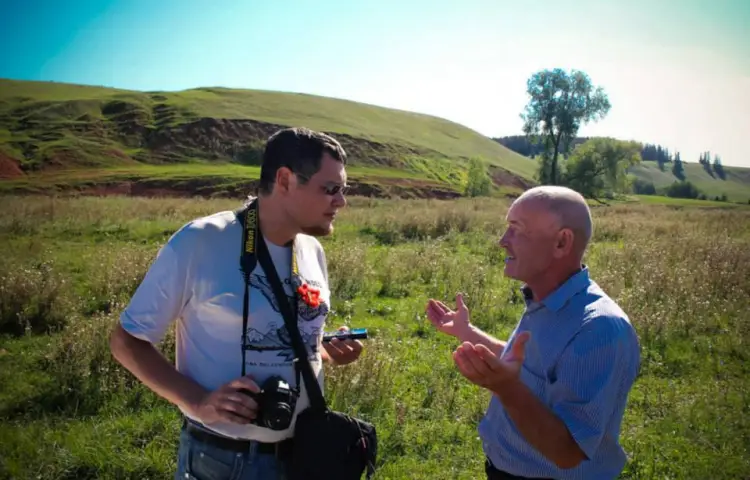
Freelancer Vladimir Sevrinovsky on covering COVID-19 in the North Caucasus: ‘The main misinformation I fight is from the state’
Vladimir Sevrinovsky is a Moscow-based freelance journalist and documentary photographer who has covered social and cultural issues in Russia for independent news site Meduza, independent weekly Russkii Reporter, and Kavkaz.Realii, a regional service of the U.S. Congress-funded broadcaster Radio Free Europe/Radio Liberty, among others. Sevrinovsky’s most recent assignment was to report from Russia’s North Caucasus…
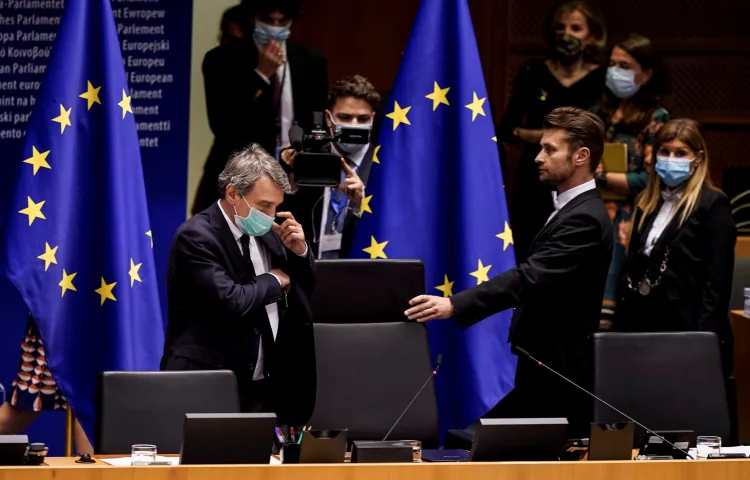
EUobserver reporter Eszter Zalan on covering the EU amid coronavirus, disinformation, and economic crisis
Eszter Zalan is a correspondent for the Brussels-based EUobserver. She covered conflict and war zones for Népszabadság, the now-shuttered Hungarian daily, for several years, and covered Hungary for Agence France-Presse, before joining EUobserver in 2015. Recently, she has reported on EU affairs, including Brexit, Hungary, and the ongoing coronavirus pandemic. CPJ spoke with Zalan via…

Journalists in Syria tell CPJ of fear of humanitarian catastrophe if COVID-19 spreads
Syria hasn’t been greatly impacted by the global COVID-19 pandemic. The Syrian Health Ministry has counted 123 cases, and six deaths as of June 1, according to a report by the United Nations Office for the Coordination of Humanitarian Affairs (OCHA). The country has begun to relax restrictions it imposed in mid-March, including curfews and…

Getty photographer John Moore on how covering Ebola prepared journalists for COVID-19
Getty Images photographer John Moore has covered crises all over the world, from the U.S. border with Mexico to political unrest in Pakistan. But the COVID-19 pandemic has found him capturing devastation closer to home: in Stamford, Connecticut, where he lives, and in the hard-hit suburbs of New York City.
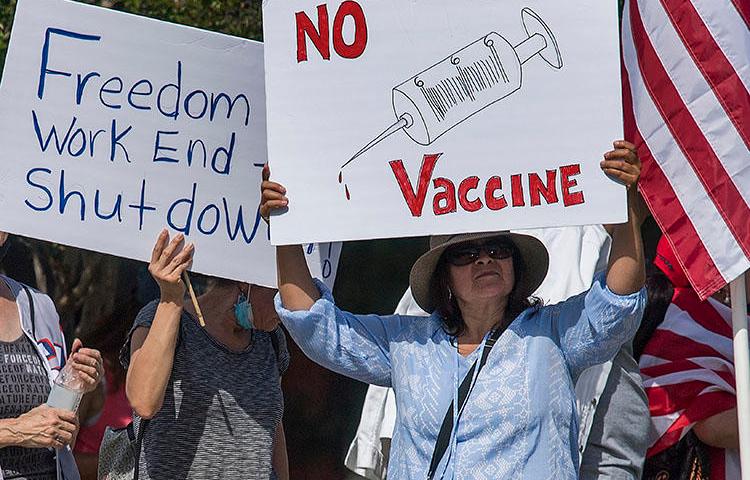
NY Times reporter Davey Alba on covering COVID-19 conspiracy theories, facing online harassment
Over the course of Davey Alba’s career as a tech reporter, her beat has transformed from covering the latest gadgets and phones to investigating the creeping influence and massive power wielded by tech companies over peoples’ everyday lives. As the coronavirus pandemic has spread across the globe, Alba, who covers tech and disinformation at The…
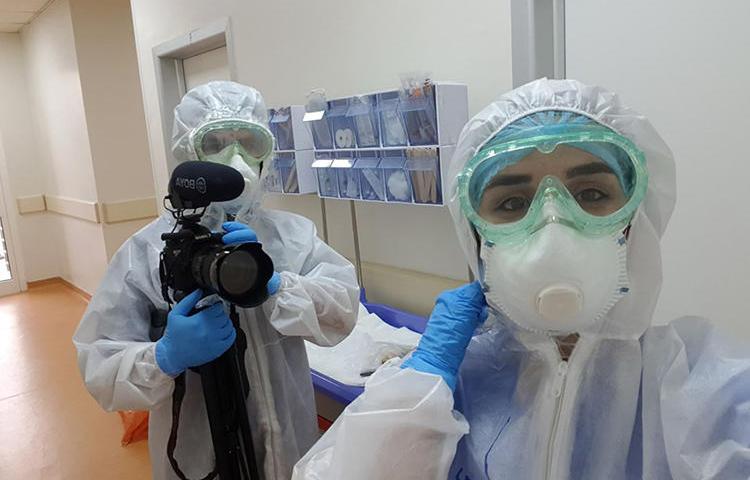
Journalists in Iraqi Kurdistan tell CPJ of obstruction and opportunities covering COVID-19
On May 10, Saman Barzinji, the health minister of the Iraqi Kurdistan regional government, announced that the COVID-19 pandemic no longer posed a threat to the region, and that the area would gradually reopen, according to news reports.

First Draft’s Aimee Rinehart on fact-checking coronavirus misinformation
While digital communication enables the public to receive critical information about the COVID-19 pandemic in real time, the same tools are enabling an “infodemic” of misinformation that “can hamper an effective public health response and create confusion and distrust,” according to the United Nations.
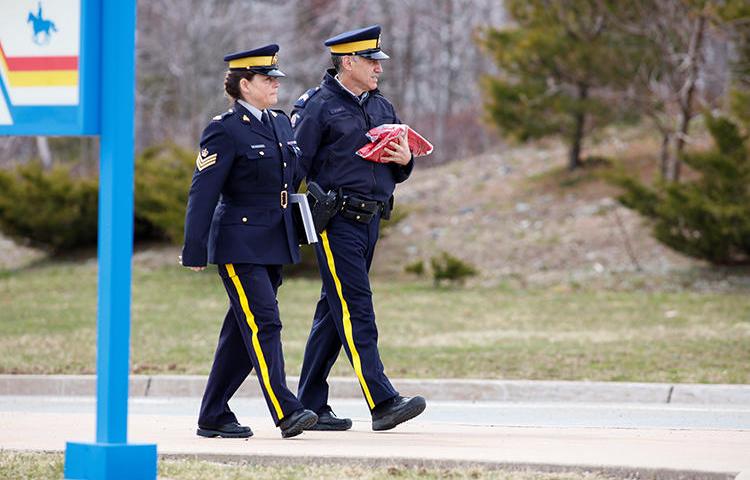
Halifax Examiner’s Tim Bousquet on covering a mass shooting in a pandemic
When news broke that a gunman had killed at least 22 people in Nova Scotia on April 18 and 19, the Halifax Examiner, a small independent local news website, began piecing together how the deadliest mass shooting in Canada’s history had occurred.
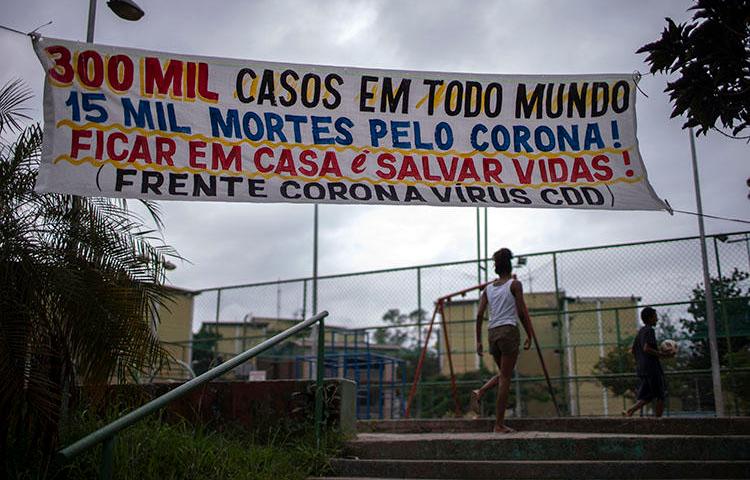
In Brazil, Rio’s community journalists face daily challenges informing favela residents about COVID-19
Before the COVID-19 pandemic hit, Gizele Martins and Raull Santiago—community journalists from Rio de Janeiro’s favelas—worked to bring accurate news and information to the local population and to give visibility to their struggles. Their organizations are among dozens of media groups founded by residents of Rio’s favelas and other marginalized areas aiming to challenge stereotypes,…
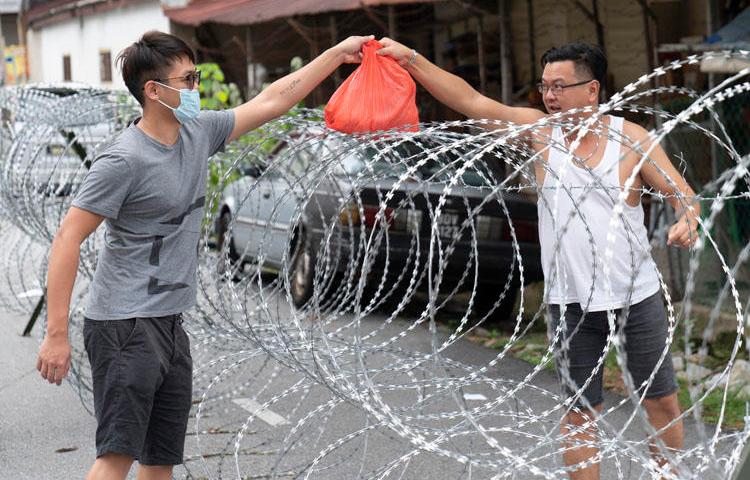
Malaysian journalist faces six years in prison over COVID-19 Facebook posts
When Malaysian journalist Wan Noor Hayati Wan Alias criticized a government decision to allow a cruise ship with Chinese tourists to dock and disembark at the coastal city of Penang in late January, a time when China was at the epicenter of the COVID-19 global pandemic, she was criminally charged with causing a public panic.